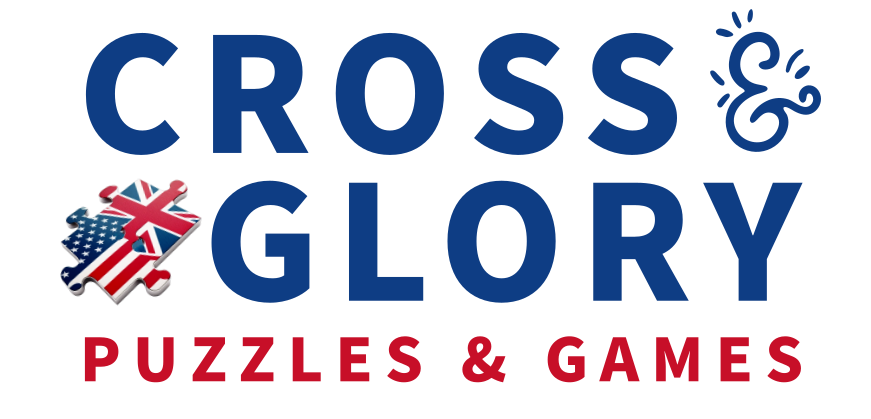In the vibrant world of jigsaw puzzles, there's a special place for the youngest enthusiasts. Jigsaw puzzles are not only a source of endless fun for children but also a key tool in their developmental journey. At Cross and Glory, we understand the unique role these puzzles play in childhood development. Let’s explore how integrating jigsaw puzzles into your child's playtime can contribute significantly to their growth.
The Educational Power of Jigsaw Puzzles
Jigsaw puzzles do more than keep children entertained. They are a powerhouse of learning, offering a hands-on experience in problem-solving and cognitive development. When a child works on a puzzle, they're not just fitting pieces together; they're also developing critical skills.
Cognitive Benefits
Jigsaw puzzles are a fantastic way to enhance a child's cognitive skills. They challenge the brain to recognize patterns, shapes, and colors, which is crucial in developing spatial awareness and logical thinking. The process of identifying the right piece for a specific spot within the puzzle teaches children to think critically and improves their decision-making skills.
Fine Motor Development
For younger children, especially, jigsaw puzzles are a great tool for developing fine motor skills. Handling small puzzle pieces requires precision and coordination, which strengthens hand-eye coordination and dexterity. These skills are fundamental in a child's early years as they lay the foundation for other important tasks like writing.
Choosing the Right Puzzle for Your Child
Selecting an age-appropriate puzzle for your child is key to ensuring they enjoy the experience and gain the most benefit. Cross and Glory’s collection offers a range of puzzles tailored to various age groups.
For Toddlers and Preschoolers
Younger children need puzzles that are simple and engaging. Large pieces, bright colors, and easily recognizable images are ideal. These puzzles usually have fewer pieces, making them less overwhelming and more suitable for their developing attention spans.
For Older Children
As children grow, they can handle more complex puzzles. Puzzles with more pieces and detailed imagery provide a suitable challenge for older kids. They not only keep them engaged but also help in honing their concentration and patience.
The Role of Puzzles in Mental and Physical Well-Being
Beyond the cognitive and physical benefits, puzzles play a significant role in a child’s mental and physical well-being. Working on puzzles can be a calming activity, reducing stress and providing a sense of accomplishment. Unlocking the power of puzzle-solving emphasizes how puzzles can boost a child’s self-esteem and confidence as they solve complex challenges independently or in a group.
Conclusion
Jigsaw puzzles are a timeless and multifaceted tool in a child's developmental arsenal. They offer a unique blend of fun and learning, making them an essential part of any child's playtime. Whether it’s enhancing cognitive skills, developing fine motor abilities, or contributing to emotional well-being, puzzles offer a wide array of benefits. So, the next time you're choosing a toy for your child, consider a jigsaw puzzle from Cross and Glory. It’s an investment in their development, disguised as play.

